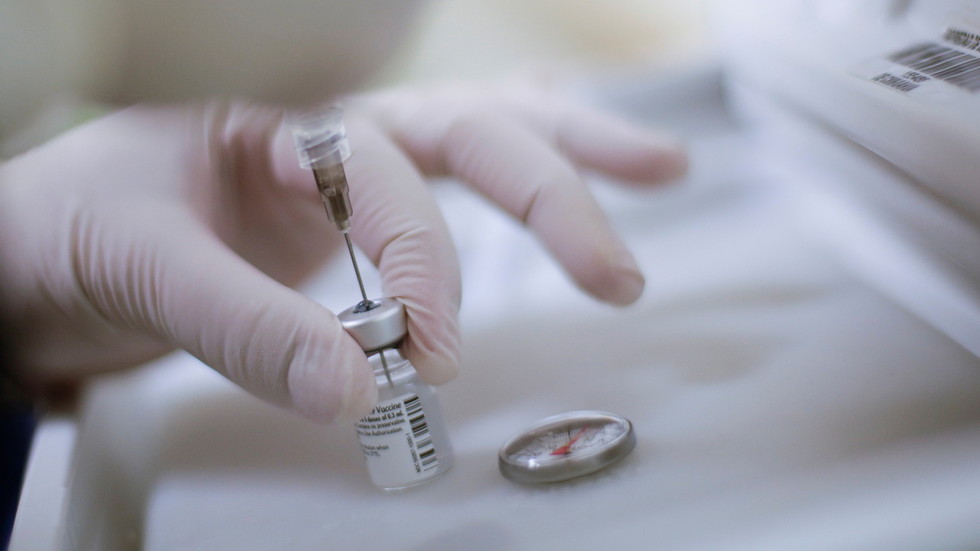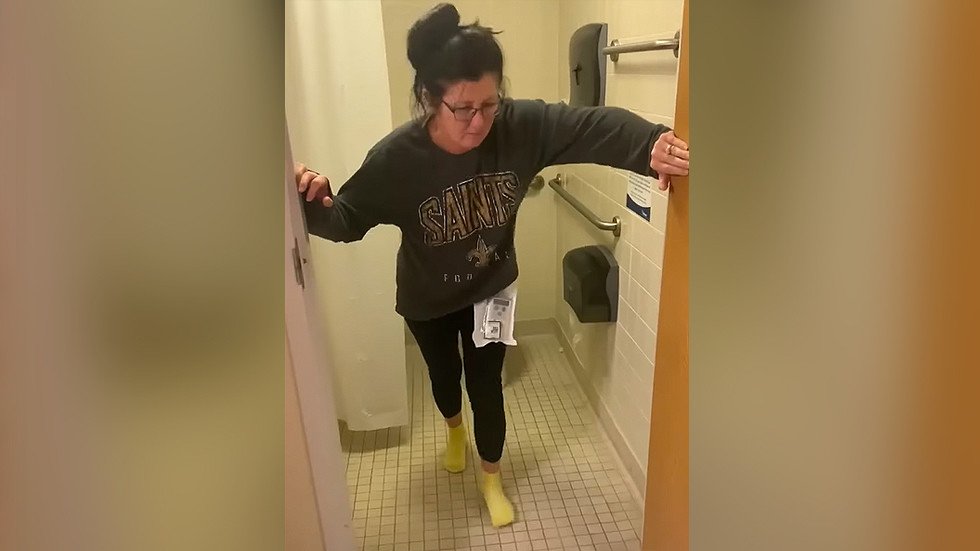El 9 de diciembre de 2020 la Agencia Europea de Medicamentos (EMA) alertó que había sufrido un hackeo por el que se habían filtrado documentos confidenciales sobre las vacunas contra el Covid-19 e intercambios con las compañías Pfizer-BioNTech. El diario francés Le Monde publicó algunos de ellos des

kontrainfo.com
(Full articule translated)
Documents leaked: Pfizer used vaccines of "different quality" in commercial batches than those tested, according to hacked emails from the European Medicines Agency
On 9 December 2020, the European Medicines Agency (EMA) warned that it had been hacked into confidential documents on Covid-19 vaccines and exchanges with Pfizer-BioNTech companies. The French newspaper Le Monde published some of these documents, arousing great controversy. The set includes some twenty documents, mainly concerning the Pfizer-BioNTech vaccine evaluation file. It also includes 19 emails, exchanged between 10 and 25 November by various agency officials.
The EMA came out to say that some of the documents had been "manipulated", but the European agency had to acknowledge, in an exchange with Le Monde, that "The leaked emails reflect problems and discussions that have taken place".
Among the e-mails, which are duly dated, with the various recipients visible, five point to the pressure that the European Medicines Agency was facing to approve the first Covid-19 vaccine expressly. On 19 November, a senior EMA official referred to a telephone conference with the European Commission held in "a rather tense, sometimes even unpleasant atmosphere". The next day, in an exchange with the Danish Medicines Agency, the same official said he was surprised that Ursula von der Leyen, President of the European Commission, had "clearly identified the two vaccines that could be approved before the end of the year [Pfizer-BioNTech and Moderna]. There are still problems with both," he said.
It is about some of these "problems" that the other documents hacked in December 2020 relate. It became known that in November the European Agency raised three "major objections" to this vaccine:
1. Certain manufacturing sites had not yet been inspected;
2- data on commercial batches of vaccine were still missing
3-most importantly, the available data revealed qualitative differences between commercial batches and those used during clinical trials. It is on this last point that the evaluators seem most concerned.
According to Le Monde: "Indeed, to move from a clinical stage to a commercial stage, manufacturers have had to change their manufacturing processes, they have also invested in new production lines and new factories. These changes could explain the differences in the exact composition of the vaccines, in particular a decrease in the degree of RNA integrity. This is the crucial element of this vaccine, which, once injected into cells, enables the production of the virus' Spike protein and thus teaches the immune system to recognise this pathogen and neutralise it.
The vaccines used in the clinical trials had between 69% and 81% 'intact' RNA, i.e. the entire sequence used to produce the Spike protein. In contrast, data on the batches produced on these new production lines revealed lower percentages, 59% on average. Some batches even dropped to 51% and 52%". The latter was considered a "critical point" by the EMA on 23 November.
The question arises as to whether this lower level of RNA could not only affect the effectiveness of the vaccination but also its safety, because whoever says that less RNA is integrated, says more impurities, especially of truncated RNA. "We often have slightly shorter or slightly longer RNA in these products. We filter according to the size of the molecule, but this filtration is difficult on a large scale," says Steve Pascolo, a researcher at the University Hospital of Zurich, who has worked for twenty years on RNA vaccines (co-founder of CureVac in 2000, he left this company and now has joint projects with BioNTech). These truncated RNAs can obviously no longer be translated into Spike protein.
A screenshot of an email exchanged on 30 November between the EMA and manufacturers confirms this: "These issues are considered critical, especially in the context of the novelty of this type of product and the limited experience. A stricter control strategy is therefore expected.
Three days later, on 3 December, suspiciously, the Wall Street Journal
published an article reporting a problem with the production of the Pfizer vaccine. "Some of the first batches of raw materials did not meet the standards. We fixed the problem, but we ran out of time to respond to the shipments scheduled for this year". The "person directly involved in the development of the Pfizer vaccine", explains one "person directly involved in the development of the Pfizer vaccine". Any links to the information that was eventually leaked? Pfizer declined to comment and only mentioned the ongoing EMA research on the cyber attack.
On Friday 15 January, BioNTech and Pfizer again announced delays in deliveries, citing necessary work at the Belgian plant in Puurs.
Following the scandal over the leak of this information, the Agency came out to defend Pfizer, saying that this problem had "been solved" and noting that it was "unlikely" that these truncated RNA molecules could be translated into proteins or peptides and therefore cause undesirable effects.
The Pfizer-BioNTech vaccine was approved on 21 December 2020 by the EMA, three weeks after the UK and two weeks after the US. a delay which was considered "difficult to accept" by the European Commission.
According to an email exchange between EMA colleagues on 19 November: "Whatever we do, whether it is speeding up the process to align ourselves [with other agencies] or taking the time to have a solid guarantee (...), the EMA will have to face questions and criticism from various parties (European Commission, Member States, European Parliament, media, general public)," wrote a senior EMA official.
However, he did not foresee that a cyber-attack could expose many of the sensitive data that were made public.
www.rt.com










